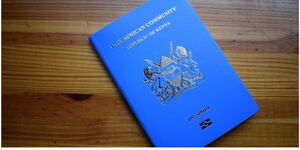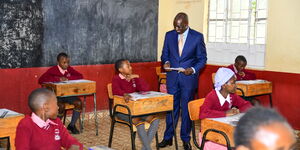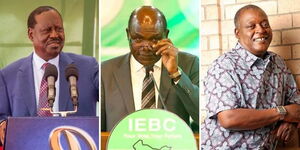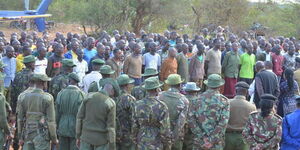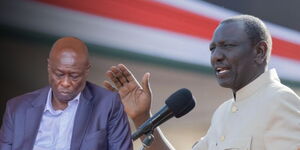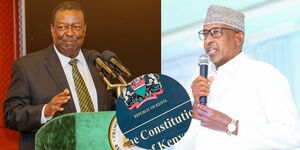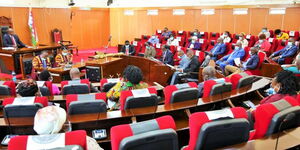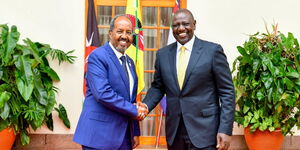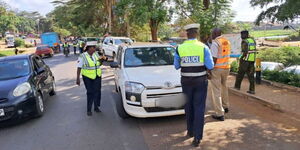The United Kingdom (UK) on Wednesday announced that it was extending financial aid to Kenya and a host of other nations to help fight antimicrobial resistance (AMR) which can lead to deadly diseases.
Kenya was among 25 nations from Africa and Asia that will receive Ksh38 billion to tackle the disease and reduce the threat posed to the UK.
In a statement released by the British High Commission, Nairobi, the funding was the largest-ever investment in global AMR surveillance by any country.
The money will be used to build state-of-the-art laboratories, cutting-edge disease surveillance systems, and a bigger global workforce to tackle AMR.
“The funding – from the government’s UK aid budget – will support the Fleming Fund’s activities to tackle AMR in countries across Asia and Africa over the next three years, helping to reduce the threat it poses to the UK and globally,” the statement read in part.
UK Secretary of State Steve Barclay announced that AMR was a silent killer that posed a significant threat to people’s health around the world, especially in the UK.
“It is vital it is stopped in its tracks and this record funding will allow countries most at risk to tackle it and prevent it from taking more lives across the world, ultimately making us safer at home,” he stated.
Barclay explained that the funding was also building on the work of the UK government to incentivise drug companies to develop new antibiotics adding other G20 countries were seeking to implement such a model.
What is AMR
AMR results when bacteria, fungi, and viruses among other disease-causing organisms develop resistance against available medicines. The UK approximated that around 35,000 people succumbed to AMR linked-diseases diseases in 2019 alone.
Since much of antibiotics and other current treatments to counter the diseases are no longer effective, the UK wants to make sure foreigners do not bring new infections to their shores.
The funding is expected to build pandemic preparedness on the ground across the world, using data to drive action and catalyse investment.
“This world-leading investment in AMR laboratories, workforce and systems is a vital contribution to realise our vision of a world free of drug-resistant infection,” UK Special Envoy on AMR Dame Sally Davies stated during the launch of the fund.
Other countries that will receive the funding include; Ghana, Papua New Guinea and Indonesia.
Over 250 state-of-the-art laboratories will be created across the identified African and Asian countries with the investment also including new genome sequencing technology which will help track bacterial transmission between humans, animals and the environment.

